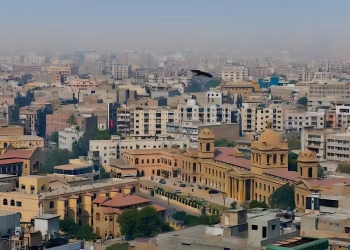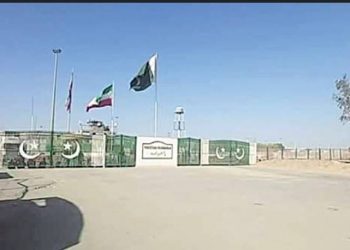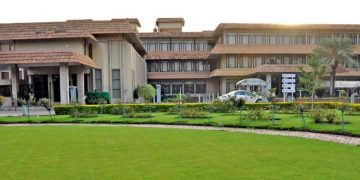In a groundbreaking announcement, former President Asif Ali Zardari revealed his visionary plan to address Balochistan’s water scarcity by importing river water from Tajikistan.
During an exclusive interview with a private TV channel on Monday, Zardari detailed his ambitious proposal aimed at making Balochistan’s soil more fertile and boosting the province’s agricultural productivity.
Zardari disclosed that he had already held discussions with the Tajik president regarding the project. Under his plan, water from the Gilgit-Baltistan River, which originates in China, would be channeled to Balochistan to fulfill the province’s water needs.
“I do not have projects; I have dreams,” remarked Zardari, emphasizing the transformative nature of his vision. Presenting a map outlining the proposed water route, he expressed his long-standing desire to alleviate Balochistan’s water shortage and enhance its agricultural capabilities.
Highlighting the agricultural potential of Balochistan, Zardari claimed that the province possesses more arable land than both Punjab and Sindh combined. However, he stressed that a conventional reservoir wouldn’t suffice to overcome Balochistan’s water scarcity; instead, the solution lies in importing ‘natural’ water from other sources.
Zardari explained that the unique soil in Balochistan, locally known as ‘Bhal,’ solidifies on the ground, increasing fertility. Once the water shortage is resolved, he predicted that Balochistan would be capable of producing high-quality cotton crops, providing a significant boost to the province’s agrarian economy.
Expressing confidence in the project’s feasibility, the former president asserted that it would take a mere two years for the plan to materialize. If successful, Zardari’s initiative could potentially revolutionize Balochistan’s agricultural landscape, ushering in a new era of prosperity for the province. As the proposal gains attention, experts and policymakers are likely to scrutinize the plan’s viability and potential impact on the region.
































